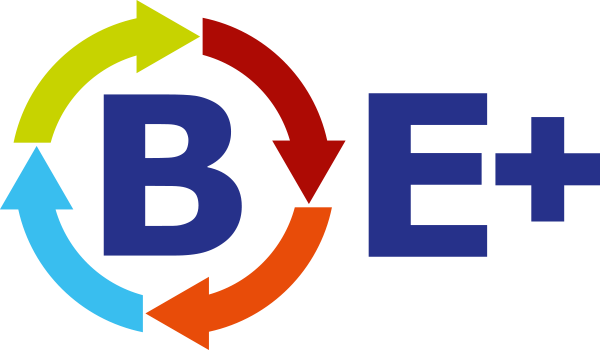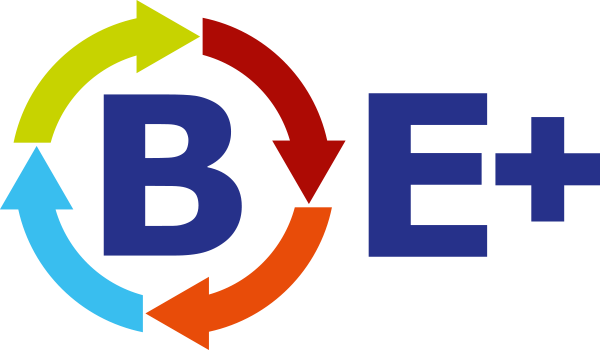TheSelf-Assessment Guide
Erasmus+ has been recognized as one of the EU's best-known successes! With a budget of €26 billion, the new Erasmus+ programme (2021-2027) offers schools more cooperation and training opportunities than ever before. However, for the programme to reach its full potential, more schools have to build capacity for international projects. The BE+ (Building Capacity for Erasmus+ in schools) project addresses this challenge.
This self-assessment guide is offered to teachers, principals and school staff as a tool to identify and collect the needs of the school to work with internationalization in four simple steps:
STEP 1 – The self-assessment questionnaire
STEP 2 – Focus Group 1 - The organisational and strategic levels
STEP 3 – Focus Group 2 - The operational level
SETP 4 – Towards an international strategy for the school
All the steps have been designed in close collaboration with schools from Norway, Germany, Italy and Sweden. The guide aims to lower the thresholds for schools to participate in the Erasmus+ programme and can be used by both newcomers as well as more internationally experienced schools that want to make the most out of their engagements with the Erasmus+ programme 2021-2027.
The term capacity building in education is used in to describe a change process internal to schools that aims to increase the individual and collective abilities of professional staff to continuously improve student learning. However, the very notion of capacity building, as well as many tools used to develop and manage EU projects, originated from the field of international development cooperation. Scholars have been researching the topic and the framework used in this guide is based on the research of A Kaplan.
We hope that this guide will help your school to be part of many future European collaborations. For more information about the BE+ project, please check out other materials on our BE+ website: beplusproject.eu.



